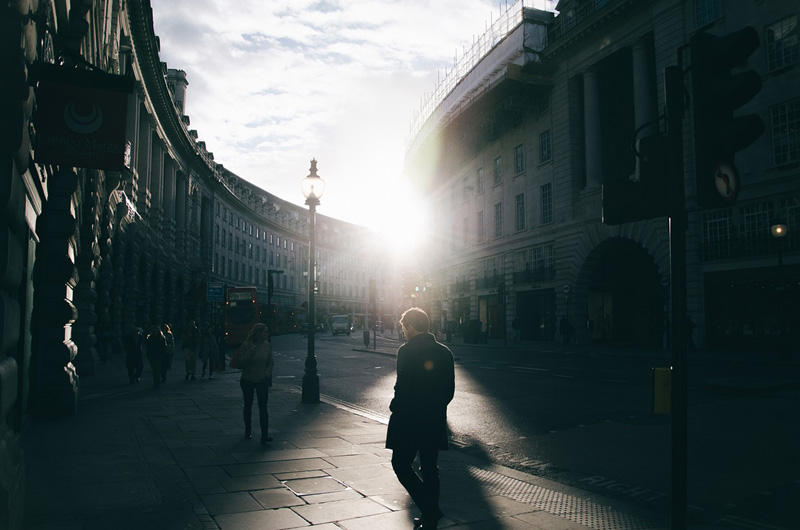 Britain Poverty
Britain Poverty
Report says Britain is slipping back to social divide of Victorian era
The UK is in danger of sliding back into the “Two Nations” of the Victorian era marked by a widening gulf between mainstream society and a depressed and poverty-stricken underclass, according to a report released by a leading think-tank into the state of the nation.
The Centre for Social Justice’s (CSJ) Social Justice Commission’s report, Two Nations: The State of Poverty in the UK, argues that the most disadvantaged in Britain are no better off than 15 years ago – the time of the financial crash – and cites evidence that for them the jump from welfare into work is not worth it.
The CSJ study also finds that the pandemic lockdowns had a catastrophic effect on the nation’s social fabric, especially for the least well off, where the gap between the so-called “haves” and “have nots” was blown wide open.
The report says, “During lockdown calls to a domestic abuse helpline rose 700 per cent; mental ill health in young people went from 1 in 9 to 1 in 6 and nearly a quarter amongst the oldest children; severe absence from school jumped 134 per cent; 1.2 million more people went on working-age benefits, 86 per cent more people sought help for addictions; prisoners were locked up for 22.5 hours per day.”
“There is a growing gap between those who can get by and those stuck at the bottom,” the report warns.
Six in ten of the general public say that their area has a good quality of life – this plummets to less than 2 in 5 of the most deprived.
Children, scarred by the pandemic lockdown, are having a particularly hard time. Twenty years ago, just one in nine children were assessed as having a clinically recognisable mental health problem. That figure is now one in five, rising to nearly one in four for those aged 17-19.
If trends continue, the report argues that by 2030 over one in four 5 – 15-year-olds – which may be as many as 2.3 million children – could have a mental disorder.
There are likely to be 108 per cent more boys with mental health disorders by 2030 than there would have been if the lockdown had not happened. We should worry about the problems of the next generation.
Mental health looms large in the minds of the most deprived. After higher benefits, they cite improved mental and physical health as pivotal to a better life. The report has found that 40 per cent of the most disadvantaged report having a mental health condition compared to just 13 per cent of the general population.
The report says: “Britain is sick but being sick pays. The total UC caseload has risen by 106 per cent since March 2020 and the number of claimants with No Work Requirements has increased by 186 per cent. There are over 2.6 million people economically inactive because of long term sickness, an increase of nearly 500,000 since the COVID-19 pandemic."
“Over half of those signed off (53 per cent) reported depression, bad nerves or anxiety. The most disadvantaged view mental ill health as the biggest factor holding them back, which only comes fifth for the general public," the report says.
The findings come from the Centre for Social Justice, which nearly 20 years ago published Breakdown Britain, a seminal work that ultimately led to a wholescale reform of the welfare system and the introduction of Universal Credit.
Support Our Journalism
We cannot do without you.. your contribution supports unbiased journalism
IBNS is not driven by any ism- not wokeism, not racism, not skewed secularism, not hyper right-wing or left liberal ideals, nor by any hardline religious beliefs or hyper nationalism. We want to serve you good old objective news, as they are. We do not judge or preach. We let people decide for themselves. We only try to present factual and well-sourced news.







